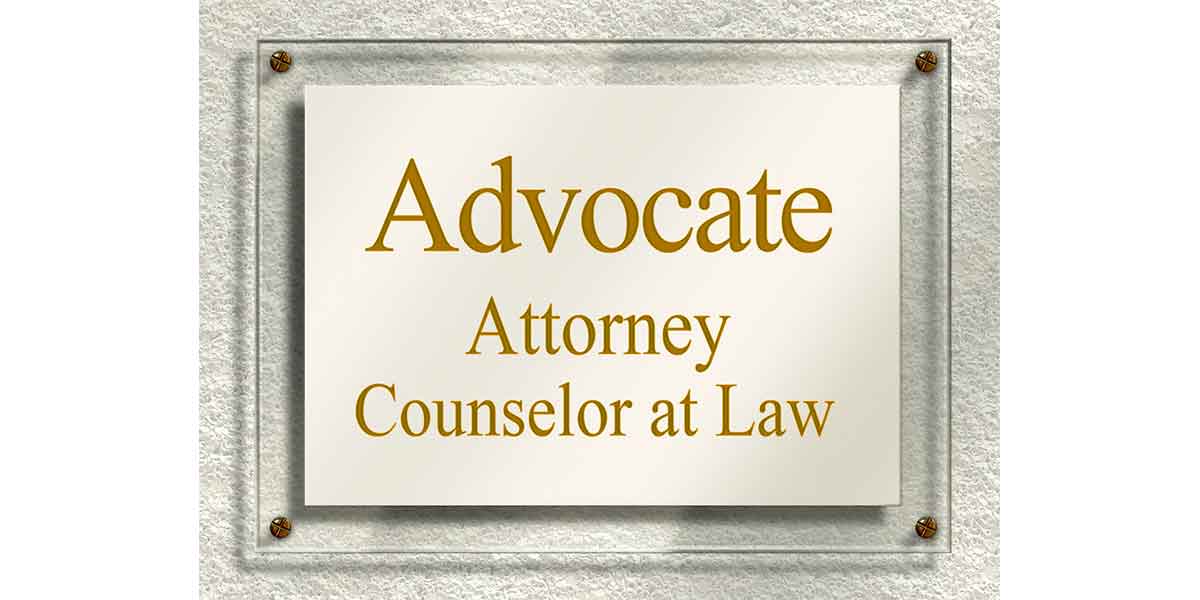As a responsible adult, it is in an individual’s best interest to have a basic estate plan in hand. Estate planning guarantees that the person’s loved ones are looked after once they pass. But even so many people do not consider it a crucial part of their life plan, mainly because of the myths and misconceptions that revolve around Estate Planning. One should not fall victim to these lies, or else it could lead to family problems. Careful planning and professional advice can help keep these myths at bay and ensure one’s family’s safety and financial stability.
Myth 1: Only big estates require Estate Planning
It is a widespread belief that Estate Planning is only for the rich and the rest don’t know if they have an estate big enough that it requires any planning. In reality, it doesn’t matter how much or how little one has; Estate planning is a must. It’s a surprisingly straightforward process. Without an estate plan, one loses the ability to decide who gets their assets upon death. One also doesn’t get to decide who will manage the distribution of their property. Even a young adult with a few possessions and no family has no idea of the future. An effective plan can help answer all these questions to one’s satisfaction.
Myth 2: Avoid Probate in Estate Planning
Probate is a commonly disliked term in Estate Planning. Even though it has a bad reputation, it’s a fairly streamlined process that is not always time-consuming or expensive. With the help of an attorney, the costs of Probate can be kept under control or through a revocable living trust; one can minimize the process. But one should understand that Probate is the only way to give effect to the wishes of the Will; without it, the property is disposed of according to the laws of the state.
Myth 3: Government inherits the property if there is no Estate plan
Another common disbelief is that the government takes away all the property if one dies without a trust or Will. In some cases, the state government does inherit the estate, but that doesn’t happen very often. Only in cases where the owner doesn’t leave behind any living survivors or a will the government inherits the property. A Will can help avoid the government taking over one’s property in this case; a Will helps one decide what happens to the property after their death. In most cases, state law leaves property exactly where the owner would want it to go.
Myth 4: Doing everything oneself will lead to lower costs
It is essential to understand that estate planning is not a self project. One needs help from a professional advisor who has a thorough knowledge of the law regarding wills, trusts and taxes. Many believe that creating estate Planning tools on their own can save money. But making a Will without proper guidance can lead to more costs than expected. People might know what a Will is, but creating one is not as easy as it looks. By saving the attorneys fees, one can risk what happens to them, their family and possessions.
Myth 5: Estate Planning is enough
Estate Planning is a step that most people don’t get around. But having an estate plan is not enough. An estate plan needs to be continuously updated in order to get the best results. As life changes, so should the agenda, this ensures the fulfilment of one’s needs. Even if one doesn’t go through significant life changes, the estate plan should change according to one’s requirements. It gives one the full authority to make desired decisions. Whether they want to decide the guardian of their child, if they wish to leave something behind for charity, Etc., all these decisions should be added to the estate plan. As an estate plan is a legal document it can require one to make changes because of the changes in law as well, it is advisable to keep in touch with a legal advisor to help in those matters.
Final Word
Excessive confusion and mystery are what have led to stubborn myths regarding Estate Planning. Many people aren’t sure of what it includes. It’s a simple process that helps you take care of the future of your family. As responsible adults creating an estate plan can help plan for the future. While creating one, it’s important to weigh all options and take professional help wherever required. Getting caught up in lies will only lead to more harm.




